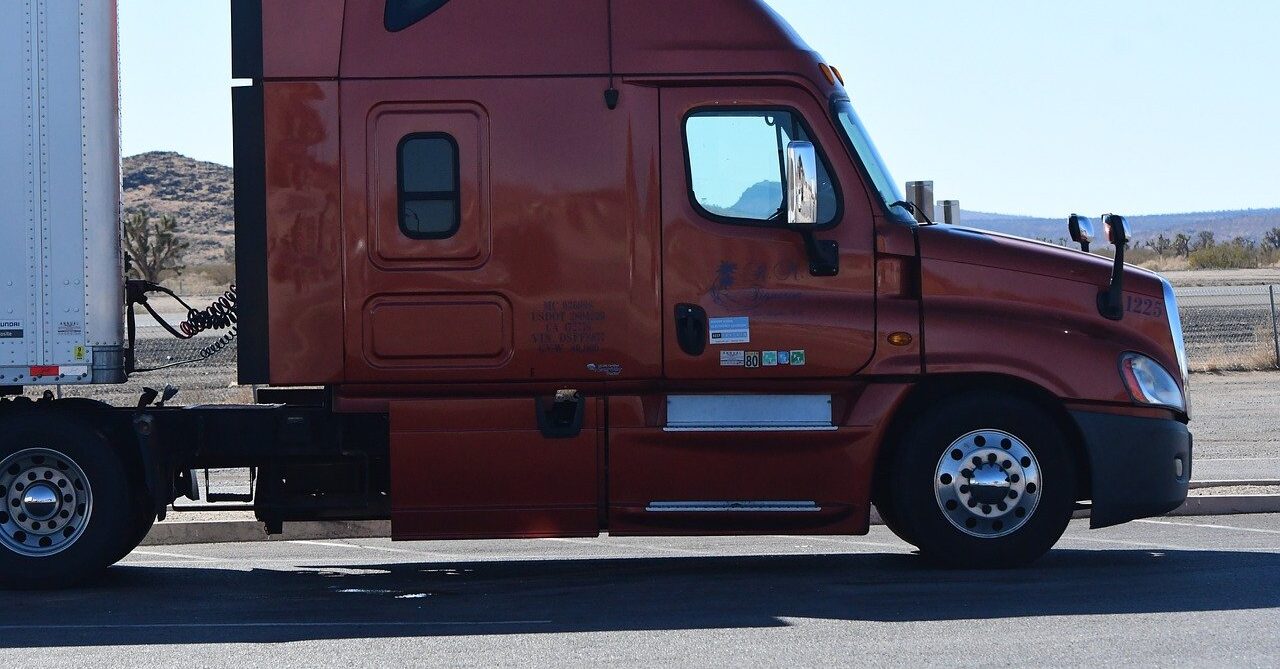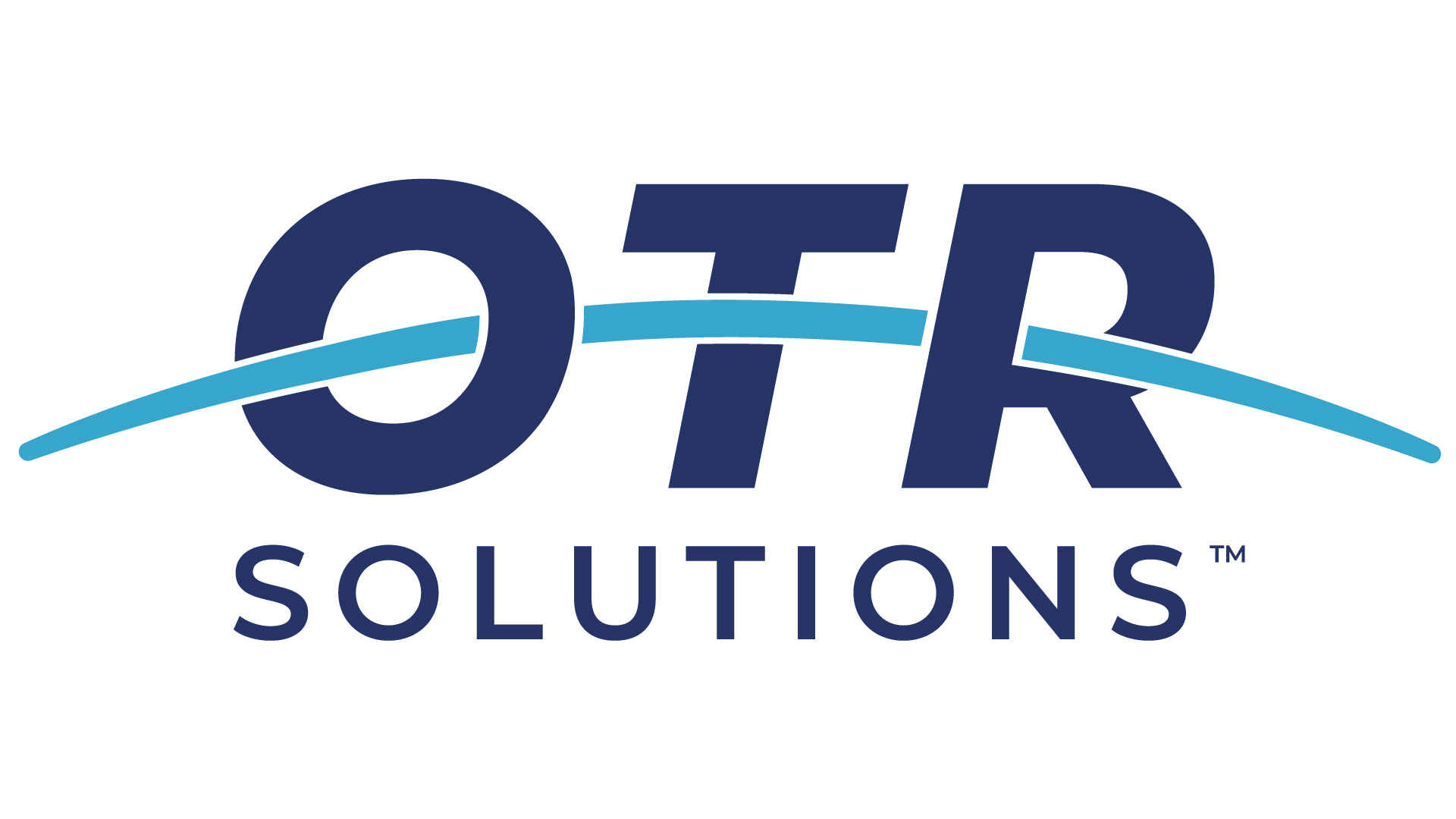While factoring receivables is a common practice in the trucking industry, many drivers are unfamiliar with the concept of factoring without recourse. This lack of familiarity is understandable as there are plenty of misconceptions surrounding non-recourse factoring.
In order to provide some insights into non-recourse factoring, we have created this myth-busting guide. Below, we answer common questions, like “what does without recourse mean?” and outline some key considerations.
What Is Non-Recourse Factoring?
When entering into a traditional factoring agreement, the factoring company will require you to repay the funds that you were provided if they are unable to collect from the customer. Conversely, non-recourse means that the factoring company will not attempt to collect money from you if your customer fails to pay.
How Non-Recourse Factoring Really Works
While the idea of selling your pending invoices to a factoring company without the potential of recourse sounds appealing, it is important to keep in mind that these entities are businesses.
As such, they will recourse any factoring that goes unpaid for an extended period unless very narrow criteria are met. Setting strict non-recourse criteria protects factoring companies in the event that your customers fail to pay.
Non-recourse factoring agreements typically require the vendor to file for bankruptcy after the invoice was received in order to make you ineligible for recourse.
What Isn’t Covered by Non-Recourse Factoring?
There are many limitations to non-recourse factoring. You should expect recourse in the following scenarios:
- Customer, Broker or Shipper disputes invoices
- Client or Carrier breaches its agreement with the factoring provider
- Customer, Broker or Shipper fail to pay or pay less than the invoiced amount
These are just a few examples that may result in your factoring being subject to recourse. For specific details, you must carefully review the criteria of your factoring agreement, but more on that below.
Why Do Companies Offer Non-Recourse Factoring?
As with any business transaction, non-recourse factoring provides several benefits to factoring companies. If there were no differences between traditional factoring and non-recourse factoring, then all trucking companies would opt for the latter.
The primary reason that factoring companies offer non-recourse options is that they can charge a higher rate for this type of service. With traditional factoring, your rate may range from 1% to 5%, depending on how much money you are receiving. Non-recourse factoring rates usually fall somewhere between 3% and 7%.
How Much Is Non-Recourse Factoring?
When setting non-recourse factoring rates, businesses consider several criteria. The factors that will impact your non-recourse factoring costs include the diversity of your customer base, your monthly invoice volume, and the average days to pay for your customers.
If you work with only one or two vendors, then factoring companies will charge a higher rate because taking on your debt is riskier. The average days to pay your customers will also have a huge influence on your rate.
Buying invoices for customers who average 30 days to pay is much less risky than purchasing accounts receivable for vendors who take 75 days to pay.
With that being said, expect your non-recourse factoring rates to range from 3% to 7% of the total invoice value. This rate means that your factoring will cost $300 to $700 for $10,000 worth of invoices.
Another concern with non-recourse factoring companies is they approve fewer brokers and shippers for carriers to work with. This is due to more stringent credit policies when there’s more risk for the factoring company. This could cost your company revenue if you work with those brokers or shippers who pay in 60-75 days and are not approved by the factoring company. Fewer companies to work with means fewer options for getting good paying loads.
Understanding Factoring Terms
The following tactics will help you better understand your factoring terms.
Read the Fine Print
Anytime you enter into a factoring agreement, it is vital that you read the fine print. The specific conditions of your factoring contract will outline whether your accounts receivables are being purchased with or without recourse.
If you are entering into a non-recourse agreement, the contract will also outline the criteria that would exempt you from being subject to recourse.
Know Exactly How You’re Covered
Find out exactly what criteria will make you eligible for recourse exemption. Does the factoring company only offer non-recourse factoring if the vendor declares bankruptcy, or are there additional exemptions? Make sure to have a concrete answer to this question before entering into any factoring agreement.
Find Out Your Options
Since virtually all unpaid invoices will be subject to recourse, it is important to know what your options will be if this occurs. Will you have the option to set up a repayment plan, or does the factoring company expect a prompt lump-sum payment? Understanding what recourse entails will help you prepare for a worst-case scenario.
Work with a Company You Can Trust
Finally, make sure to do your homework on factoring companies. Speak to other trucking professionals, read client reviews, and conduct online research. When talking to potential factoring partners, find out whether they are upfront about how their non-recourse factoring works. Transparency is always a positive sign.
Will Factoring Without Recourse Benefit My Bottom Line?
While there are certain instances when partnering with a non-recourse factoring company may be beneficial, it is vital that you thoroughly read the terms of any agreement beforehand. Otherwise, you could put yourself in a financially compromising situation and inadvertently hurt your bottom line.
As long as you know what is in your agreement, understand what circumstances make you eligible for non-recourse factoring, and choose your partners wisely, then you will be better prepared to make the best financial decision for your unique situation.
FAQ
While non-recourse factoring rates are higher than traditional factoring, they will typically be no more than 5%. However, there are instances where these rates may be slightly higher.
Factoring accounts receivable with recourse typically allows you access to lower fees. The factoring company will pay more for each invoice when providing recourse factoring. However, this amount will still be less than the actual value of the invoice.
True non-recourse factoring occurs if a customer happens to file for bankruptcy after you submit an invoice and before the repayment deadline passes. In these instances, you will have received payment from the factoring company and will not be subject to recourse.



